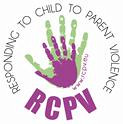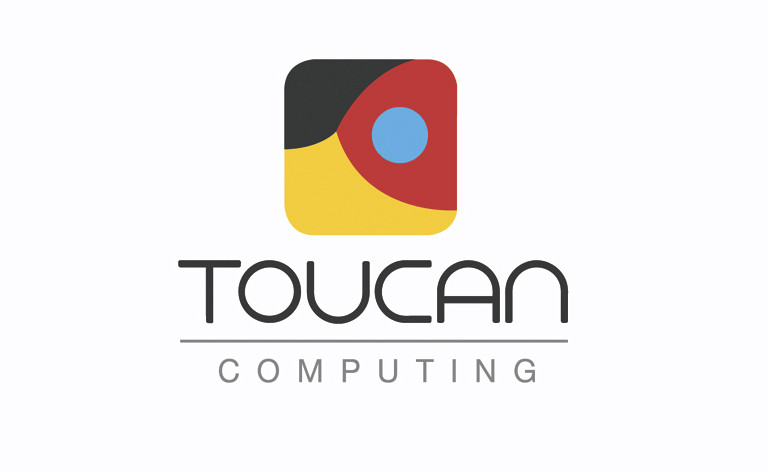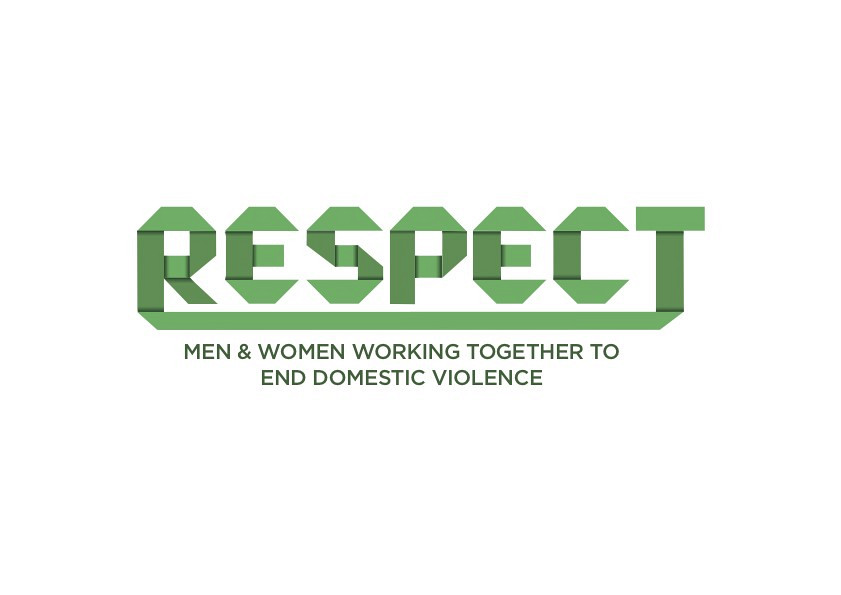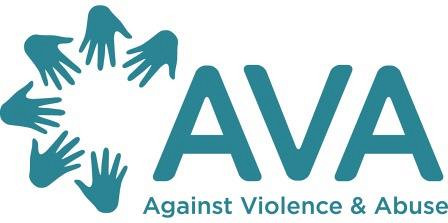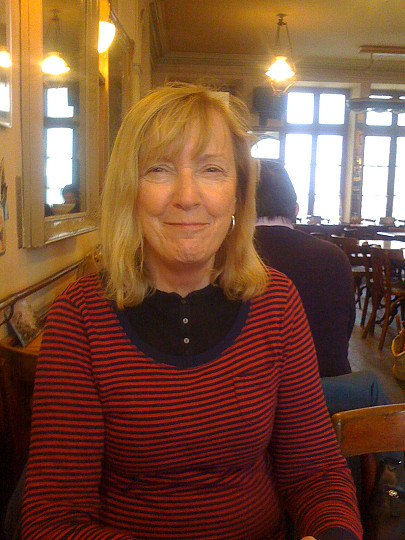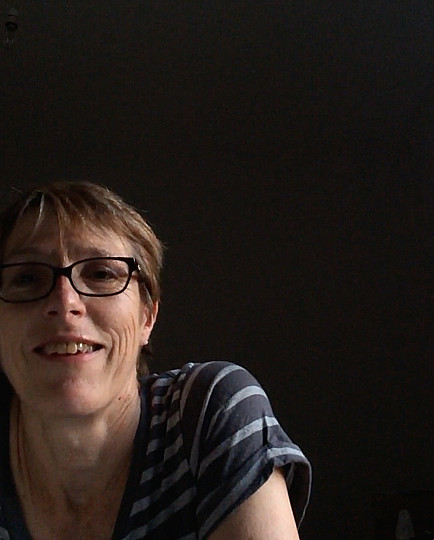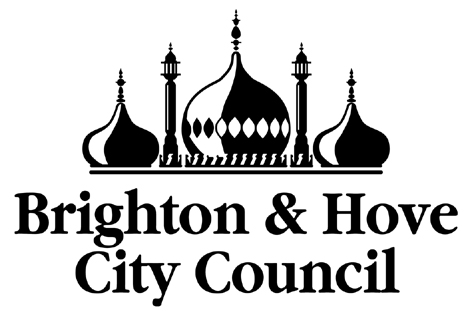Violence from young children and adolescents towards their parents is emerging as a significant form of family abuse; but while people are talking about it more, it is still difficult to find services with the expertise to support families and work towards restoring healthy family relationships. This project has been set up with the aim of mapping local services around the country, so that families, practitioners, researchers or commissioners can more easily locate help where and when they need it. Entries give basic information needed to make a referral; and will be added to all the time.
Out of hours, or if no local service is available, parents should consider calling a helpline such as Family Lives, Young Minds, the Samaritans; or, if there is danger to life, should dial 999.

